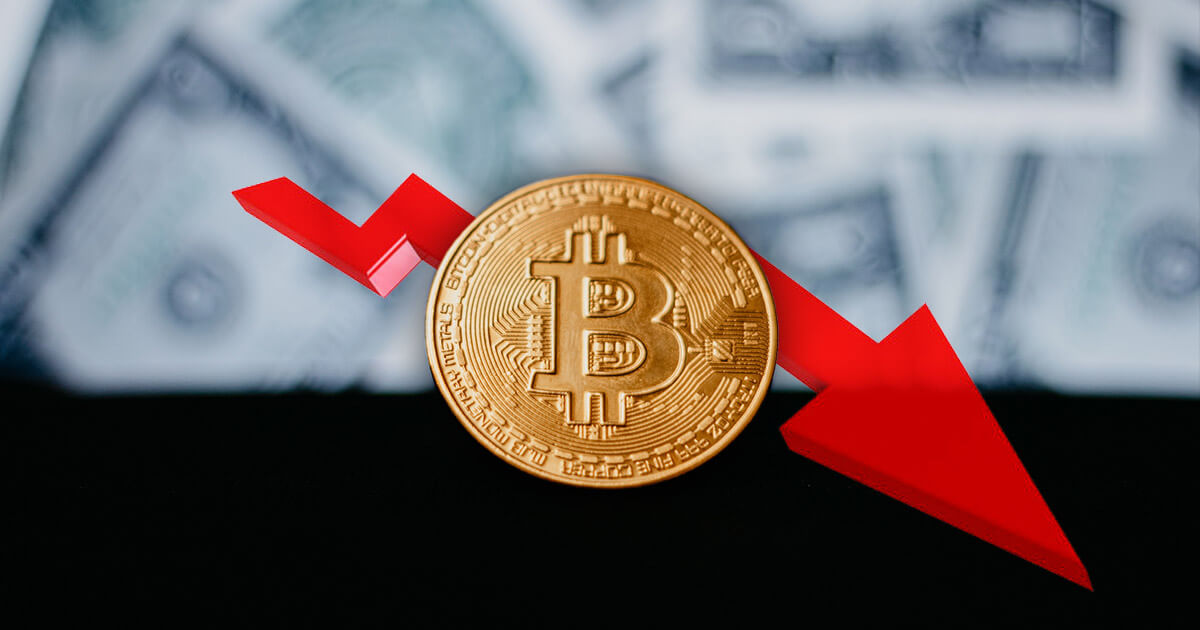The Federal Deposit Insurance Corporation (FDIC) is telling banks to keep an eye on crypto companies and any potential deceptive deposit insurance claims.
In a new advisory note, the FDIC says it’s concerned about the risks misleading deposit insurance claims pose to investors.
According to the regulatory body, confusing representations of deposit insurance may lead customers to believe they are insured when they aren’t.
“The FDIC is concerned about the risks of consumer confusion or harm arising from crypto assets offered by, through, or in connection with insured depository institutions (insured banks). Risks are elevated when a non-bank entity offers crypto assets to the non-bank’s customers, while also offering an insured bank’s deposit products.
Inaccurate representations about deposit insurance by non-banks, including crypto companies, may confuse the non-bank’s customers and cause those customers to mistakenly believe they are protected against any type of loss.
Moreover, non-bank customers may not understand the role of the bank as it relates to the activities of the nonbank, or the speculative nature of certain crypto assets as compared to deposit products.”
The regulatory agency says that not only do disingenuous claims cause traders harm, they could land banks in legal trouble.
“In addition to potential consumer harm, customer confusion can lead to legal risks for banks if a crypto company, or other third-party partner of an insured bank with whom they are dealing, makes misrepresentations about the nature and scope of deposit insurance.”
The FDIC advises banks on how to properly monitor the crypto firms they are working with, including reviewing their marketing material to ensure they are correct and transparent.
“In their dealings with crypto companies, insured banks should confirm and monitor that these companies do not misrepresent the availability of deposit insurance in order to measure and control risks to the bank, and should take appropriate action to address such misrepresentations…
Insured banks that are involved in relationships with non-bank entities that offer deposit products as well as non-deposit products, such as crypto assets, can help minimize customer confusion and harm by carefully reviewing and regularly monitoring the nonbank’s marketing material and related disclosures to ensure accuracy and clarity.”
Don’t Miss a Beat – Subscribe to get crypto email alerts delivered directly to your inbox
Check Price Action
Follow us on Twitter, Facebook and Telegram
Surf The Daily Hodl Mix
 
Disclaimer: Opinions expressed at The Daily Hodl are not investment advice. Investors should do their due diligence before making any high-risk investments in Bitcoin, cryptocurrency or digital assets. Please be advised that your transfers and trades are at your own risk, and any loses you may incur are your responsibility. The Daily Hodl does not recommend the buying or selling of any cryptocurrencies or digital assets, nor is The Daily Hodl an investment advisor. Please note that The Daily Hodl participates in affiliate marketing.
Featured Image: Shutterstock/Sergei Loginov
Credit: Source link

















